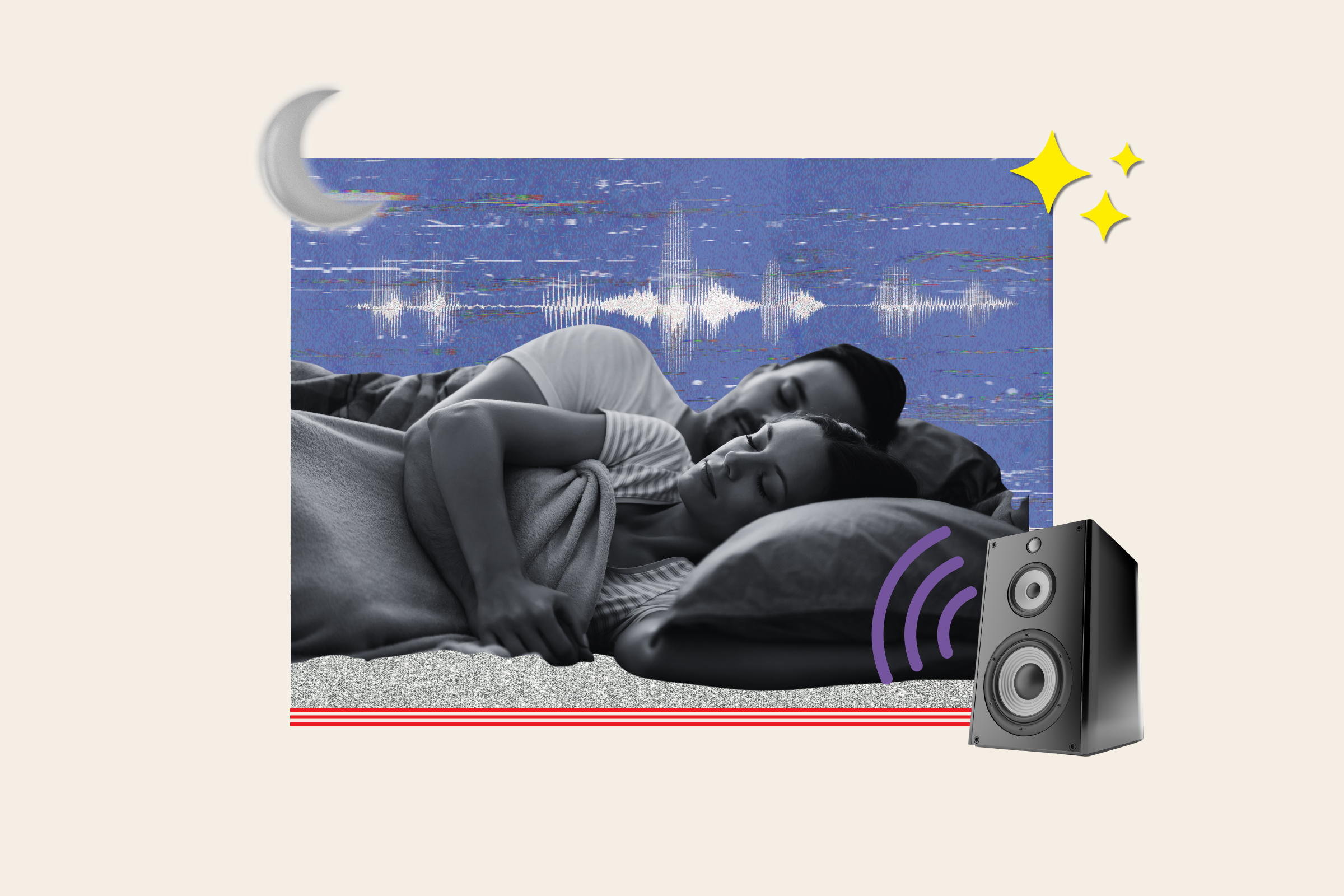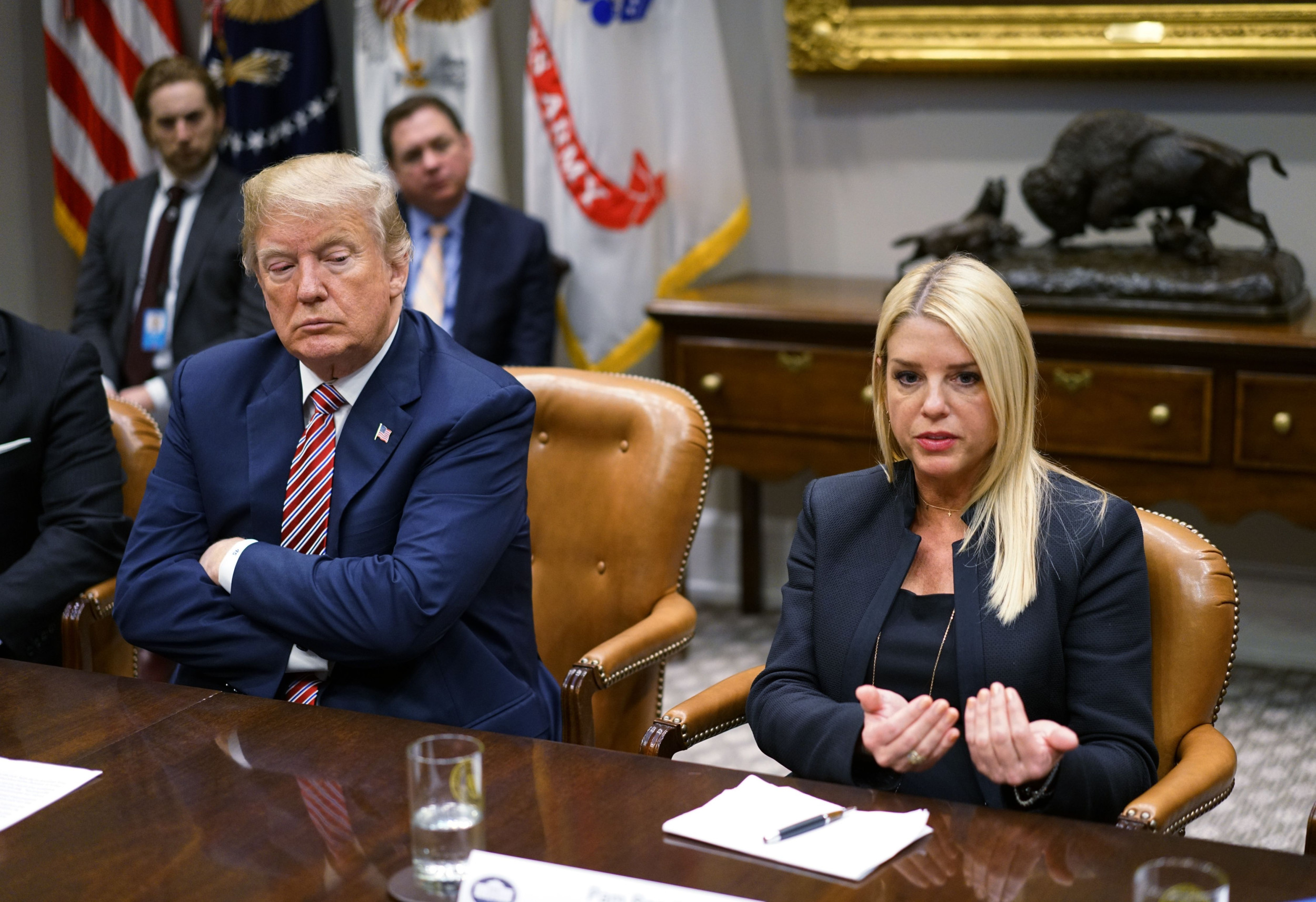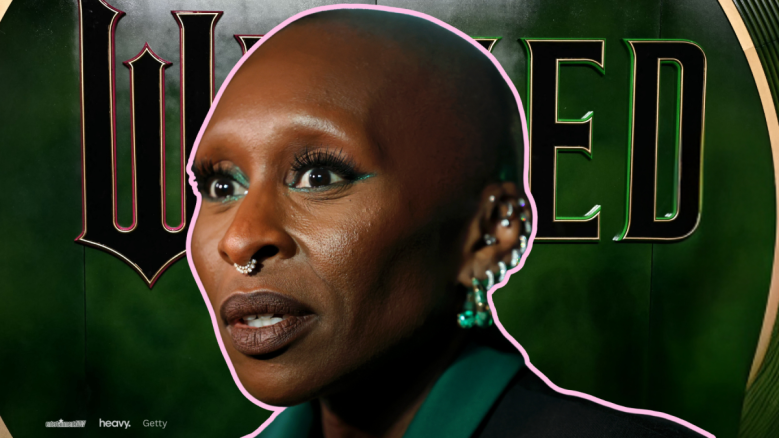Donald Trump's inaccurate remarks that brought a lawsuit from the exonerated Central Park Five are "protected expressions of opinion," his attorney has argued, warning their defamation case against the president-elect attempts "to silence political discourse."
Karin Sweigart wrote the judge on Tuesday, seeking a meeting aimed at quickly closing what she called the "legally insufficient and meritless" case brought by the Black and Latino men wrongfully convicted over the 1989 rape and beating of a white woman jogger in New York City's Central Park.
The five—Yusef Salaam, Antron McCray, Kevin Richardson, Raymond Santana and Korey Wise—sued Trump in federal court in Pennsylvania in October, accusing him of making false and defamatory statements about them during the September 10 presidential debate.
In the televised debate, Trump misstated important facts in the case. "They admitted, they said they pled guilty and I said, 'well, if they pled guilty they badly hurt a person, killed a person ultimately ... And they pled guilty, then they pled not guilty," he said.
However, the five men never pleaded guilty and the victim in the case is still alive.
Shortly after the rape, Trump purchased a full-page New York Times ad, which called for the return of the death penalty for those responsible.
The five men, sometimes now known as the Exonerated Five, said their earlier confessions to the crimes were made under duress. They pleaded not guilty but were later convicted by jury trial. Their convictions were vacated 13 years later in 2002 following the emergence of new DNA evidence and another person's confession. They received a settlement from New York City in 2014 worth about $40 million.
In her new letter, Sweigart said: "The minor distinctions Plaintiffs raise—such as whether they 'pled guilty' versus 'admitted guilt'—do not alter the 'gist'" of the earlier confessions.
Trump's TV remarks were, she added, "substantially true" and "represent his interpretation of public information and are protected expressions of opinion," and made in the context of explaining why he took out the ads.
Shanin Specter, an attorney for the plaintiffs, told Newsweek in response: "Our claims are legally sufficient and meritorious. It's typical for [a] defamation defendant to say the opposite and to seek dismissal right away. That's just what he's doing."

Judge Wendy Beetlestone will now consider the request for a "pre-motion to dismiss conference."
Beetlestone was only assigned to the case on Monday after Trump's attorneys sought the recusal of the previous judge, Michael M. Baylson, over his personal relationship with Specter.
In their initial lawsuit, attorneys for the men said Trump's comments inflicted emotional distress. They are seeking a jury trial to determine compensatory and punitive damages.
"Defendant Trump has previously made numerous public statements demonstrating that he is familiar with the Central Park assaults, the criminal case, the trials, the exoneration and the settlement with the City, and that he therefore knew that the statements he made on September 10, 2024 were false and misleading," the lawsuit states.
"Like his statements at the September 10 debate, many of Defendant Trump's past statements are themselves false, defamatory and part of a continuing pattern of extreme and outrageous conduct directed at Plaintiffs."




















 English (US) ·
English (US) ·